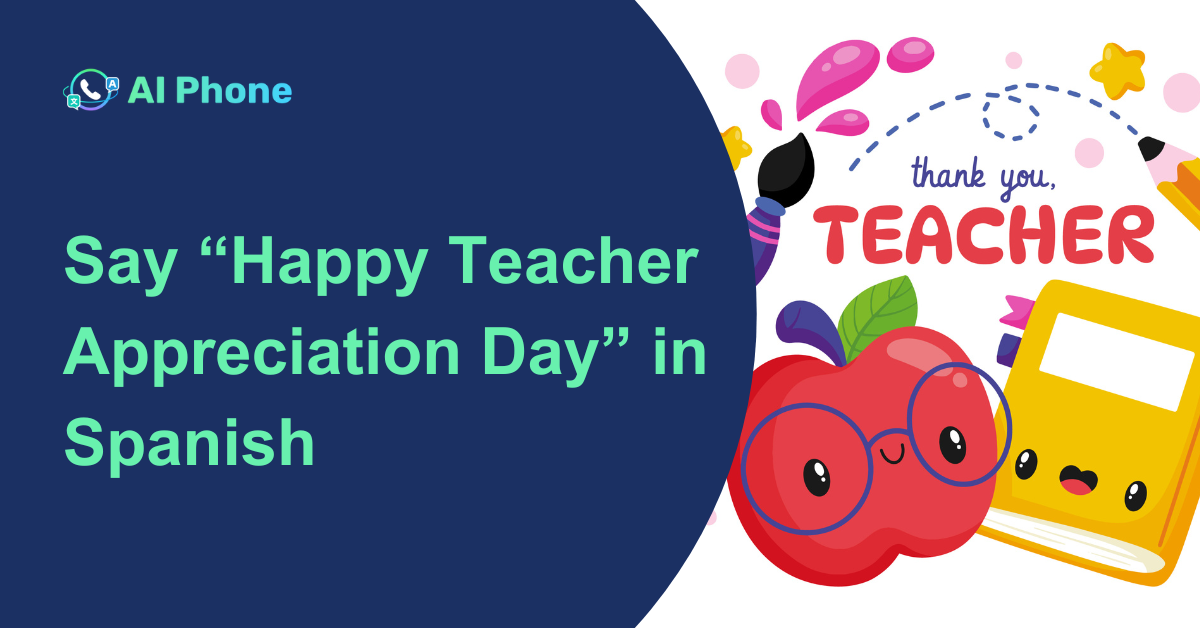Introduction: Why Regional Dialects Matter
The United States is home to a rich mosaic of English dialects, shaped by geography, migration, and cultural heritage. From the flat vowels of the Midwest to the drawn-out syllables of the South, these regional accents affect everything from daily communication to workplace interactions. While native speakers often pick up on subtle variations instinctively, non-native English speakers may find these differences confusing or even intimidating—especially during phone conversations.
Understanding regional dialects isn’t just a linguistic curiosity—it can also improve real-world communication, especially for immigrants, international students, and travelers navigating everyday conversations in English.
The American Dialect Landscape
Linguists generally categorize American English into several main dialect regions:
| Region | Common Features | Example Words/Pronunciations |
|---|---|---|
| Southern | Drawled vowels, “y’all” for “you all” | “pin” sounds like “pen” |
| New England | Non-rhotic speech (dropping ‘r’) | “car” sounds like “cah” |
| Midwestern | General American accent, flattened vowels | “cot” and “caught” sound the same |
| Western | Influenced by multiple regions, more neutral | Use of “hella” in Northern California |
| New York City | Strong “r” sounds, unique intonation | “coffee” sounds like “caw-fee” |
For deeper insights, refer to the American Dialect Society or the Atlas of North American English.
🧠 U.S. Regional Dialect Quiz – Full Version (10 Questions)
Instructions: Choose the answer that best matches how you speak—or what you’re most used to hearing. At the end, you’ll be able to see which U.S. regional dialect you align with most.
1. What do you call a sweetened carbonated drink?
A. Soda
B. Pop
C. Coke (regardless of brand)
D. Soft drink
→ “Soda” is common in the Northeast and West, “pop” in the Midwest, “Coke” in the South.
2. How do you address a group of people informally?
A. You guys
B. Y’all
C. Youse
D. You
→ “You guys” is widespread, “y’all” is Southern, “youse” is more urban Northeast.
3. How do you pronounce the word “pen”?
A. Like “pin”
B. With a clear short “e” vowel
C. Can be either depending on speed
D. I don’t notice a difference
→ Merging “pen” and “pin” is common in the South and parts of the West.
4. Which word do you use for a long sandwich?
A. Sub
B. Hoagie
C. Grinder
D. Hero
→ “Sub” is nationwide, “hoagie” is Philadelphia, “grinder” is New England, “hero” is NYC.
5. What do you call athletic footwear?
A. Sneakers
B. Tennis shoes
C. Gym shoes
D. Runners
→ “Sneakers” is common in the Northeast, “tennis shoes” in the South and West.
6. How do you pronounce “caught” and “cot”?
A. The same
B. Slightly different
C. Clearly different
D. I’m not sure
→ “Cot–caught merger” is widespread in the West and Midwest, but not in NYC/Boston.
7. Which word would you use for something very good?
A. Hella
B. Wicked
C. Real nice
D. Pretty good
→ “Hella” is Californian/West Coast, “wicked” is New England slang.
8. What do you call the evening meal?
A. Dinner
B. Supper
C. Depends on the day
D. I use both
→ “Supper” is more common in the Midwest/South, “dinner” is standard in urban areas.
9. What would you call a small road off a main road?
A. Alley
B. Lane
C. Side street
D. Holler
→ “Holler” (short for “hollow”) is Appalachian/Southern U.S. dialect.
10. What’s your reaction to extreme weather?
A. “It’s hot as blazes out here.”
B. “It’s wicked cold.”
C. “It’s cold enough to freeze your nose off.”
D. “It’s hella hot.”
→ Each expression reflects different regional phrasing and exaggeration.
✅ Scoring System:
Count how many answers fall into each letter category:
| Mostly A | Western / West Coast Accent (California, Oregon, etc.) |
|---|---|
| Mostly B | Southern Accent (Texas, Georgia, Alabama, etc.) |
| Mostly C | Midwestern Accent (Ohio, Illinois, Minnesota, etc.) |
| Mostly D | Northeastern Accent (New York, Boston, Philly) |
If your answers are mixed, you may have a General American accent, which is common among people who’ve lived in multiple regions or learned English in a formal setting (e.g., ESL learners, broadcasters, etc.).
Why Dialects Matter for Communication
For native speakers, dialect differences are often charming or go unnoticed. But for newcomers, regional vocabulary or pronunciation can lead to miscommunication—especially over the phone. One AI Phone user, a delivery driver from Guatemala living in Georgia, shared that he often struggled to understand customers’ Southern drawls when confirming addresses by phone. With AI Phone’s real-time voice translation, he was able to hear clear translations in Spanish, while customers heard his responses in natural-sounding English.
Whether it’s a doctor’s office in Boston or a government agency in Texas, understanding local dialects is essential for successful communication.
How AI Phone Bridges the Accent Gap
AI Phone is designed for real-world conversations, not just textbook English. It supports over 150 languages and dialect variations and can handle voice and video calls on regular phone lines as well as popular platforms like WhatsApp and WeChat.
Key features include:
- Real-Time Voice Translation: Speak your language, and AI Phone instantly translates both sides of the conversation.
- Support for Regional Accents: Designed to recognize and interpret accents across American English.
- Voice Cloning: Users can retain their own voice tone when translating in face-to-face settings.
- Post-Call Summaries: Get automatic transcripts and summaries after each call.
These features make it easier for immigrants, international professionals, and travelers to navigate everyday conversations—even when regional dialects are in play.
Try AI Phone Today
Curious to see how much easier communication can be when dialect barriers disappear? Visit www.aiphone.ai to download the app and try AI-powered phone and video translation today.
Whether you’re calling a lawyer in New York, a mechanic in Mississippi, or a friend in San Francisco—AI Phone ensures that what you say is understood clearly. No more guessing. Just better conversations.

